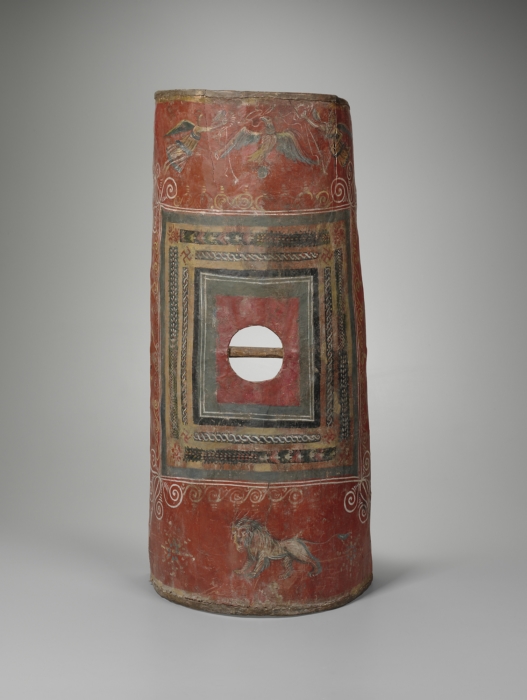 My friend Vickie Pynchon recently posted at Chris Hill’s blog, Construction Law Musings, on “How to Get Sued“. On the flip side, there are some simple pointers that all individuals and entities can follow that will dramatically reduce the chances of being sued. These tips apply across a spectrum of businesses and are certainly not limited to just construction, real estate and land use.
My friend Vickie Pynchon recently posted at Chris Hill’s blog, Construction Law Musings, on “How to Get Sued“. On the flip side, there are some simple pointers that all individuals and entities can follow that will dramatically reduce the chances of being sued. These tips apply across a spectrum of businesses and are certainly not limited to just construction, real estate and land use.
1. Be likable. It is a lot harder to sue a friend. If you maintain a friendly, warm relationship and the other side genuinely likes you, it is very difficult to cross the threshold of considering suit, let along filing one.
2. Failing that, at least be palatable and not obnoxious. On some level, likability and personality are somewhat pre-wired and we may not all be blessed with the so-called “winning personality”. It is clearly within most of our ability to avoid being confrontational, impolite or nasty. Those traits make it real easy to turn a dispute personal and into trench litigation warfare.
3. Be honest and maintain credibility. Understand that if you get caught even in somewhat meaningless falsehoods, they come at the price of your credibility throughout the deal. Many lawsuits flow from the plaintiff losing trust in the honesty of their opponent.
4. Play nice. Taking extreme advantage during a deal may feel like a good move at the time, but it can create an atmosphere that calls for payback. Building a relationship of shared mutual success and teamwork can help smooth over differences of viewpoint during performance of contracts.
5. Be organized. Expensive, protracted and risky litigation looks a lot less attractive if your opponent looks like they have their act together and can or may win. Sending the message that you are well organized throughout a contract can help create that impression.
6. Document, document, document. This may be the most important substantive point, as opposed to personality driven point, of all. My career is littered with cases fraught with peril due to the failure of clients or opponents to document decisions, conversations, agreements, or notices. In the era of instantaneous e-mail transmission, there is no excuse for why you failed to drop a quick line confirming what turns out to be the pivotal facts once you get into litigation. Sending that timely confirmation is a great investment in avoiding litigation.
Image: Yale University Art Gallery

